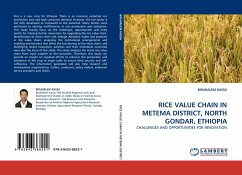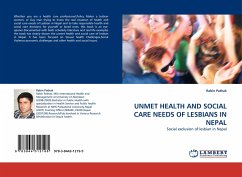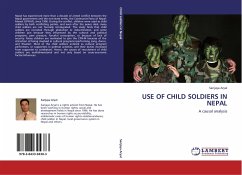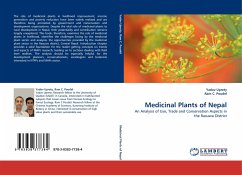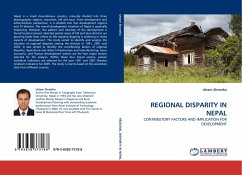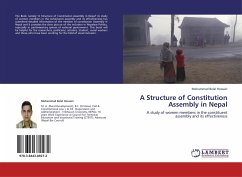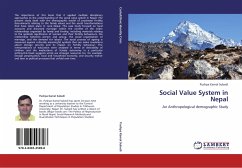
Social Value System in Nepal
An Anthropological demographic Study
Versandkostenfrei!
Versandfertig in 6-10 Tagen
52,99 €
inkl. MwSt.

PAYBACK Punkte
26 °P sammeln!
The importance of this book that it applied multiple disciplinary approaches to the understanding of the social value system in Nepal. The present study dealt with the demographic model of proximate fertility determinants relating to the family values and the social transformations that have taken place in rural Nepal. This case study focused on local accounts and discussed marriage within the context of the wider relationships organised by family and kinship, including materials relating to the symbolic significance of women and their fertility behaviours, the relationship between person and ...
The importance of this book that it applied multiple disciplinary approaches to the understanding of the social value system in Nepal. The present study dealt with the demographic model of proximate fertility determinants relating to the family values and the social transformations that have taken place in rural Nepal. This case study focused on local accounts and discussed marriage within the context of the wider relationships organised by family and kinship, including materials relating to the symbolic significance of women and their fertility behaviours, the relationship between person and group, the social organisation of marriage, and the demand for labour. The social process of ageing is measured against culturally meaningful symbols that can make revelations about old-age security and its impact on fertility behaviour. The interpretations of education were analysed in terms of desirability of children and the implications of female autonomy in a particular setting.this book suggests son(s) are strategic resources for, for example, lineage perpetuation, local and household economy, and security motive and seen as political processes that unfold over time.






